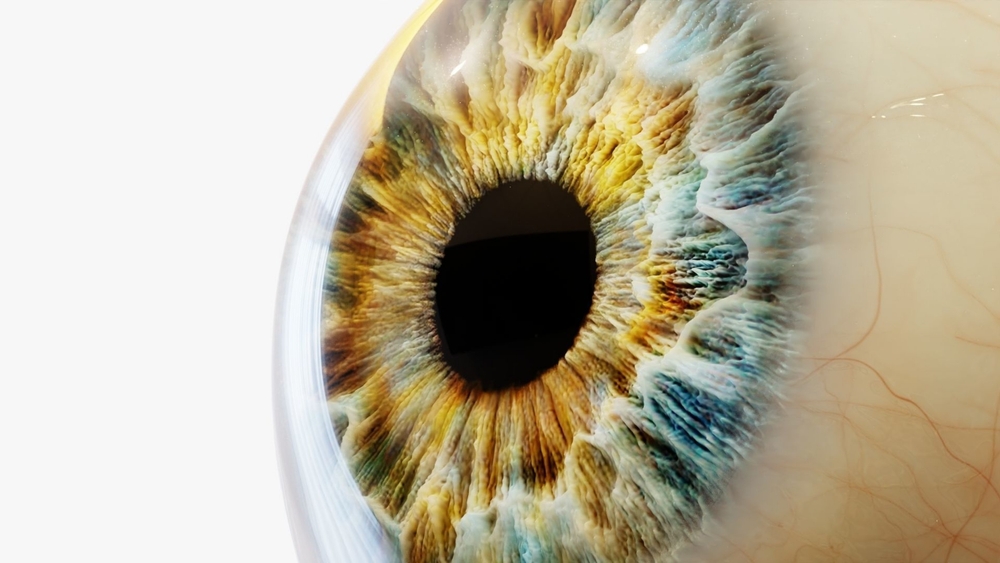
Retinal detachment is a condition that can occur suddenly and without warning. It's a condition that can lead to permanent vision loss if not treated promptly. While this may sound alarming, it's crucial to remember that awareness and early detection can significantly reduce the risk of permanent vision loss due to retinal detachment.
Who is at Risk of Retinal Detachment?
The truth is, this condition can affect anyone, regardless of age, gender, or overall health. However, certain factors can make you more susceptible to experiencing a retinal detachment.
Firstly, age plays a significant role. As you get older, your risk of retinal detachment increases. This is primarily due to the vitreous, a jelly-like substance that fills your eye, shrinking and pulling away from the retina as you age. While this is a normal aging process, in some cases, it can lead to retinal detachment.
Those with a family history of retinal detachment or other eye disorders are also at a higher risk. This is because many eye conditions can be hereditary, meaning if a close family member has had a retinal detachment, your risk may be higher.
Factors that Increase the Likelihood of Retinal Detachment
Beyond age and genetics, several other factors may increase the likelihood of retinal detachment. One such factor is having had a previous eye injury or surgery. Any trauma to the eye can potentially lead to retinal detachment, as can complications from eye surgery.
If you're highly myopic, you too are at a higher risk. This is because myopic eyes are often longer than normal, which can cause the retina to stretch and thin, making it more susceptible to detachment.
Finally, medical conditions, such as diabetes or other diseases that affect the blood vessels, can increase the risk of retinal detachment. This is because these conditions can affect the blood supply to the retina, potentially causing it to detach.
The Role of Routine Eye Exams
Given the potential severity of retinal detachment, the role of routine eye exams in detecting this condition cannot be overstated. Regular eye exams allow your ophthalmologist to monitor your eye health closely and detect any early signs of retinal detachment.
During an eye exam, your ophthalmologist will dilate your pupils and examine your retina using a device called an ophthalmoscope. If your doctor detects any signs of retinal detachment, they can refer you to a specialist for further evaluation and treatment.
Routine eye exams are particularly crucial for those at higher risk of retinal detachment, such as older adults, those with a family history of the condition, and those with high myopia or certain medical conditions.
Early Detection and Treatment
Early detection and treatment of retinal detachment are crucial to preserving your vision. If detected early, the condition can often be treated successfully with surgery.
The symptoms of retinal detachment often appear suddenly. You may experience floaters, flashes of light, or a shadow or 'curtain' over your field of vision. If you notice any of these symptoms, it's essential to seek immediate medical attention.
Treatment for retinal detachment usually involves surgery to reattach the retina. The sooner this surgery is performed after the detachment occurs, the better the chances of restoring vision.
Conclusion
Retinal detachment is a serious condition that can lead to permanent vision loss if not treated promptly. With awareness of the risk factors and the importance of regular eye exams, you can significantly reduce your risk.
If you experience any symptoms of retinal detachment, such as floaters, flashes of light, or a sudden shadow over your vision, seek immediate medical attention.
For more information on retinal detachments, visit Gulf Coast Retina Center in our Sarasota or Venice, Florida office. We specialize in the medical and surgical management of eye diseases. Be seen today or call (941) 312-2769 to schedule an appointment.








